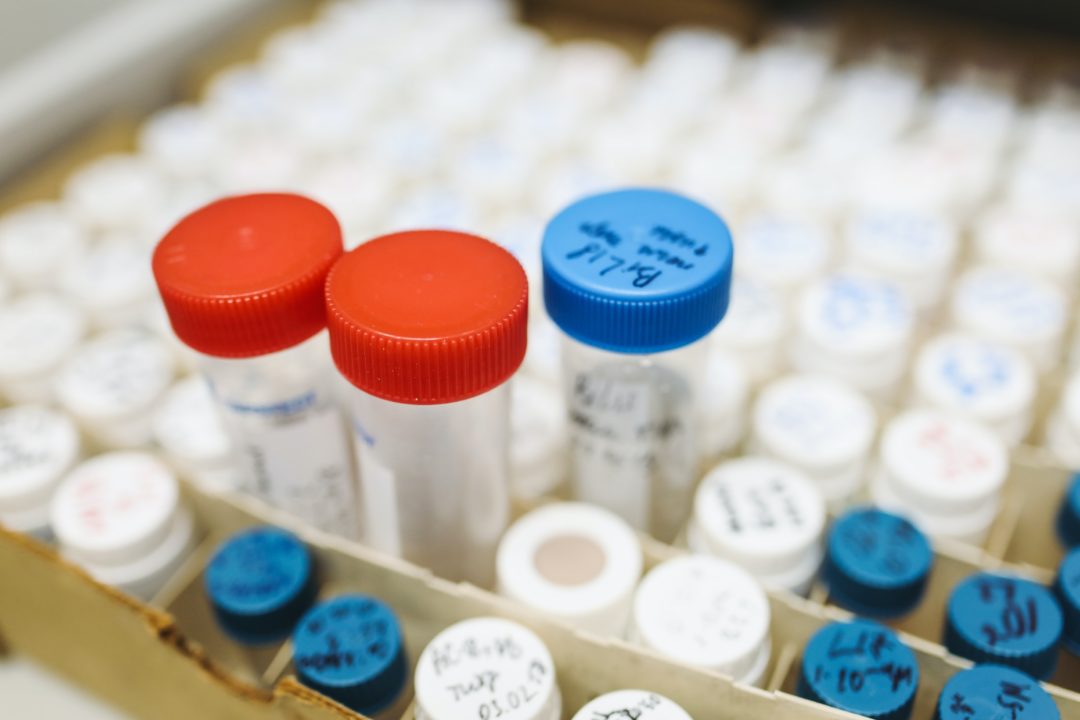The criminal complaint alleges that Lira, a kinesiologist and naturopathic doctor, brought “misbranded” versions of the drugs to the U.S. from Central and South America before distributing them to athletes.
U.S. prosecutors charged a Texas man on Wednesday for providing performance-enhancing drugs to athletes competing in last summer’s Olympic Games in Tokyo, making him the first person charged under a new U.S. anti-doping law governing international sports competitions.
Ed Lira, a 41-year-old out of El Paso, Tex., was charged under the Rodchenkov Act, signed in 2020, which prohibits “any person, other than an athlete,” to knowingly influencing any “major international sports competition” with the use of a prohibited substance.
One of the athletes Lira provided PEDs to was star Nigerian sprinter Blessing Okagbare, according to the Associated Press.
The U.S. Attorney’s Office said that Lira distributed the drugs “for the purpose of corrupting” the Olympic Games. The drugs reportedly included human growth hormone and erythropoietin.
Lira is also accused of conspiring to violate drug misbranding and adulteration laws.
“It’s not winning if you take illegal substances — it’s cheating,” FBI Assistant Director Michael J. Driscoll said in a statement.
Okagbare was provisionally suspended on the eve of the women’s 100m semi-finals in Tokyo after testing postitive for human growth hormone. The positive came from an out-of-competition test done in Slovakia earlier in July.
The criminal complaint only identified Okagbare as “athlete 1,” but included details such as her performances in specific races which made it clear she was one of Lira’s clients.
The Athletics Integrity Unit also said Okagbare had tested positive for EPO in Nigeria in June 2021, and she ended up getting charged with failing to cooperate with the investigation after disobeying an order to produce “documents, records and electronic storage devices” in relation to other charges.
Federal authorities searched Okagbare’s phone as she returned from Tokyo and found she had frequently communicated with Lira over an encrypted app, according to the complaint.
Former U.S. President Donald Trump signed the Rodchenkov Anti-Doping Act in December 2020, though the World Anti-Doping Agency (WADA) expressed concerns about it at the time, feeling it would interfere with the laws other jurisdictions have in place and would potentially complicate the necessary cooperation between nations in the pursuit of clean sport.
The Act is named after Russian whistleblower Grigory Rodchenkov, the former head of Moscow’s anti-doping laboratory and a key witness to the findings expressed in the 2016 MacLaren Report on a state-sponsored doping scheme in Russia.

Lock him up!
A crippling blow to Florida Man
Believe me, we can give Florida Man a run for his money.
The anti-doping campaigns of yesteryear were pretty much of a failure. WADA? – Ugh!
Finally, when we had exposed the cheating @ Sochi, the ice began to melt a little.
I earnestly hope that the anti-PED’s efforts increase exponentially –
great athletes deserve great, CLEAN competitors!
Funny thing a friend who used told me which I believe: plenty of police officers use and sell steroids
SS agents too.